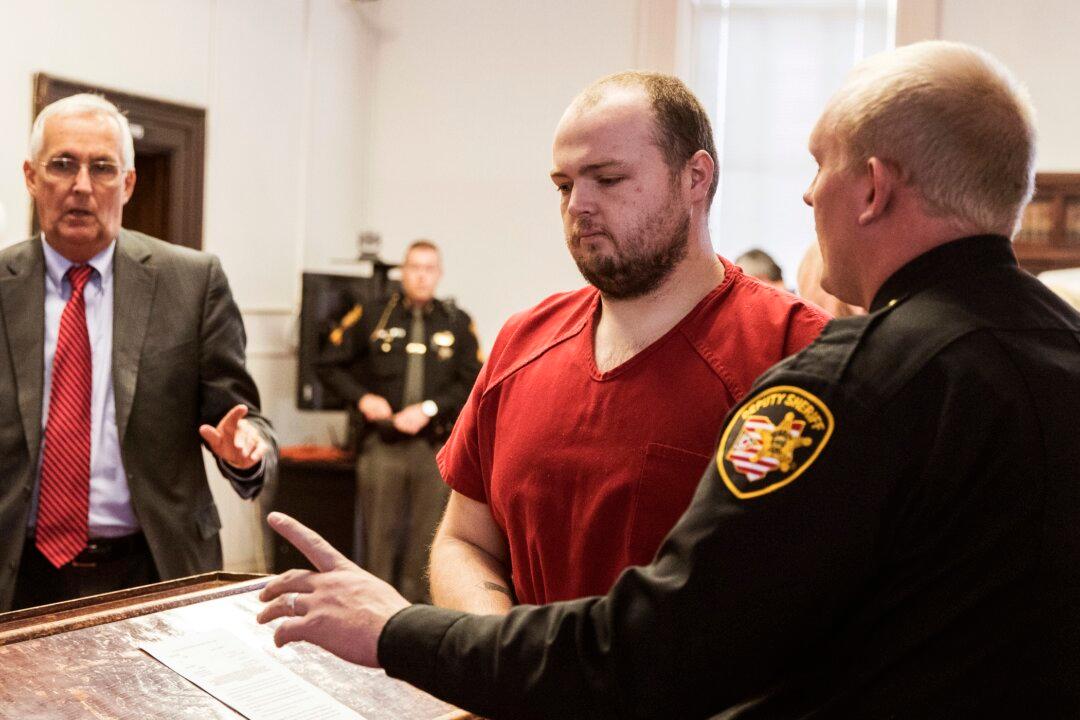As he becomes the first defendant to stand trial in the most complex slaying case in Ohio history, George Washington Wagner IV has been ordered to wear an unusual hidden restraint: an electronic vest that officers can use to stun him if necessary.
Wagner, 31, could face the death penalty if convicted over a 2016 massacre: eight people were killed at four crime scenes with at least four suspects allegedly involved, including Wagner and three relatives.An Aug. 25 online court entry shows that Judge Randy Deering of Pike County Common Pleas Court ordered Wagner to wear the E-Vest, or electronic vest, based on the sworn testimony of Deputy Sheriff Tara Tackett, along with a demonstration of the device to be worn and used.
Noting that the device does not restrict movement and can be worn so that it is “completely unobservable by others,” Deering ordered that Wagner attend court wearing civilian clothing with no visible restraints and “the restraint that shall be used at all proceedings shall be the E-Vest manufactured by Compliant Technologies.”
Deering’s ruling on the E-Vest is among a series of decisions he made before two significant events in the internationally publicized case: a jury is expected to be seated this week, followed by attorneys’ opening statements on Sept. 6. Authorities estimate Wagner’s trial will last two months. If convicted, the 31-year-old man could get the death penalty.





